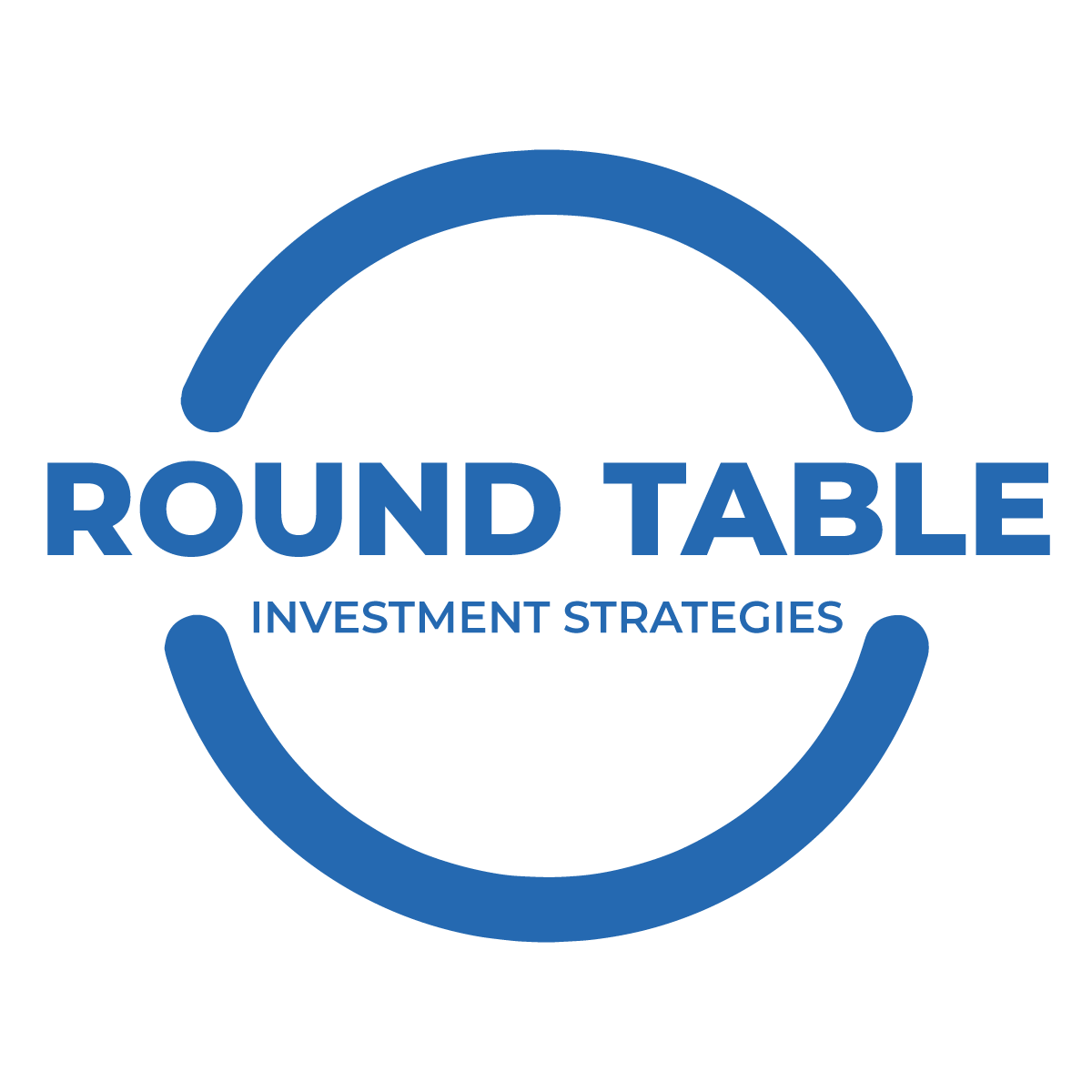I-Bonds article series:
[Note: This blog post was originally sent as an email to our clients on December 17, 2021. At the time, the promised rate on I-Bonds was 7.12% annualized (3.56% for six months). As noted below, the inflation rate applied to I-Bonds subsequently increased further, and stands at 9.62% annualized as of the publication of this post. Any I-Bonds purchased through October 2022 will receive that rate of accrual for the first six months they are held.]
We’re writing to let you know about a unique investment opportunity that Round Table’s clients may want to consider. Called a “Series I Savings Bond” (or “I-Bond”), it is a government savings bond issued by the United States Treasury and backed by the full faith and credit of the U.S. government. The “I” stands for “inflation” and I-Bonds pay interest based on combining a fixed rate and an inflation rate.
The fixed rate on newly issued I-Bonds is currently 0%, but the inflation rate to be paid out for the next six months is an annualized 9.62%. In other words, in a backdrop where most savings accounts and CDs are paying a fraction of a percent in interest, you can receive a guaranteed 4.81% over the next six months in I-Bonds. I-Bonds are attractive enough at present that anyone with money in savings accounts, CDs maturing around now, etc. may want to consider using a portion of those assets to buy I-Bonds instead.
However, there are several items to be aware of:
- I-Bonds can only be purchased through a website called “TreasuryDirect” (www.TreasuryDirect.gov). You can sign up on the website and then make purchases. The process is a bit tedious, but if you run into problems, you can call TreasuryDirect at 844-284-2676 for assistance.
- With a few exceptions, you can only buy $10,000 of I-Bonds per person per year.
- Important: You cannot cash out I-Bonds for the first 12 months after purchase. Please be sure to use only cash that you will not need for a minimum of one year.
- I-Bonds can be held for up to 30 years and will continue to accrue interest over that time, with the interest rate reset every six months to the prevailing inflation rate.
- If you choose to cash out between one year and five years of purchase, the last three months of interest would be forfeited. But even if you choose to cash out after a year, the first 9 months of interest would likely be much higher than what you could get in a savings account.
- Interest on the bonds is taxable at the federal level but not at the state or local levels. You may choose to defer taxes until you redeem the bonds. (See this link for details: www.treasurydirect.gov/indiv/research/indepth/ibonds/res_ibonds_itaxconsider.htm.)
Should you choose to make I-Bond purchases, let us know! It is helpful for us to have a holistic picture, and we can keep you apprised over time on the attractiveness of holding on to your I-Bonds relative to other options.
If you would like to learn more about I-Bonds, or have other investment-related questions, please feel free to contact us.
DISCLOSURES: All content is provided solely for informational purposes and should not be considered an offer, or a solicitation of an offer, to buy or sell any particular security, product, or service. Round Table Investment Strategies (Round Table) does not offer specific investment recommendations in this presentation. This article should not be considered a comprehensive review or analysis of the topics discussed in the article. Investing involves risks, including possible loss of principal. Despite efforts to be accurate and current, this article may contain out-of-date information; Round Table will not be under an obligation to advise of any subsequent changes related to the topics discussed in this article. Round Table is not an attorney or accountant and does not provide legal, tax or accounting advice. This article is impersonal and does not take into account individual circumstances. An individual should not make personal financial or investment decisions based solely upon this article. This article is not a substitute for or the same as a consultation with an investment adviser in a one-on-one context whereby all the facts of the individual’s situation can be considered in their entirety and the investment adviser can provide individualized investment advice or a customized financial plan.
